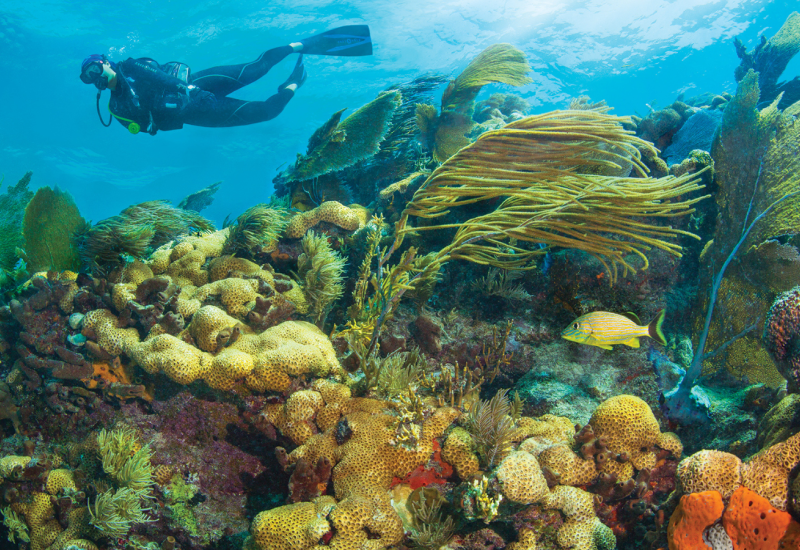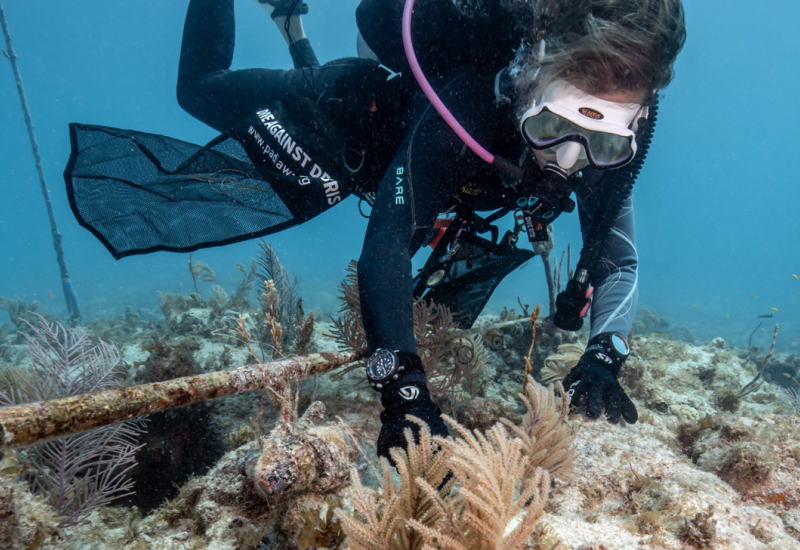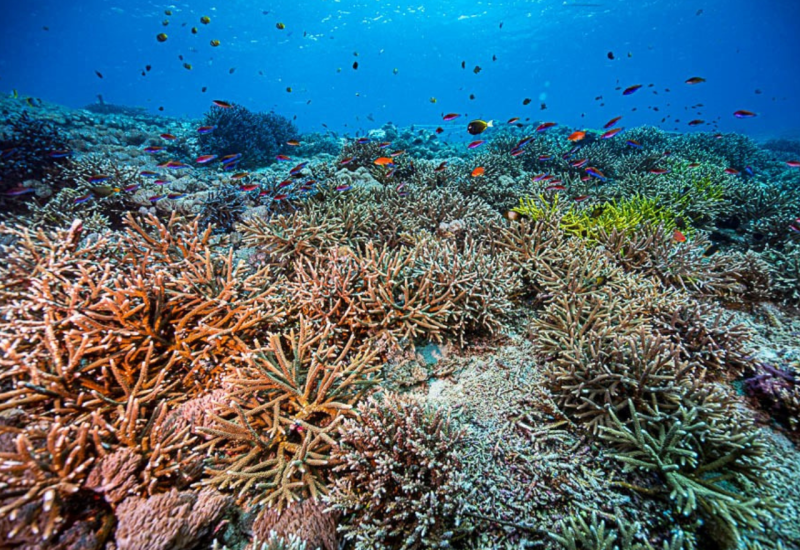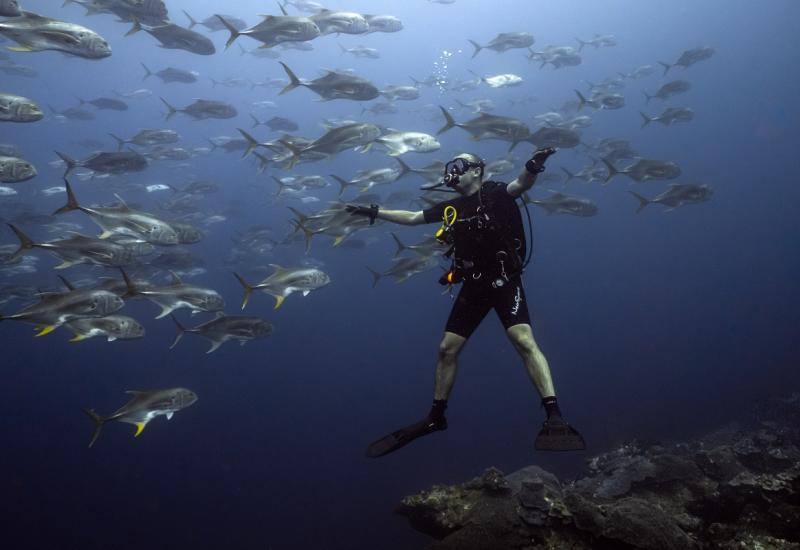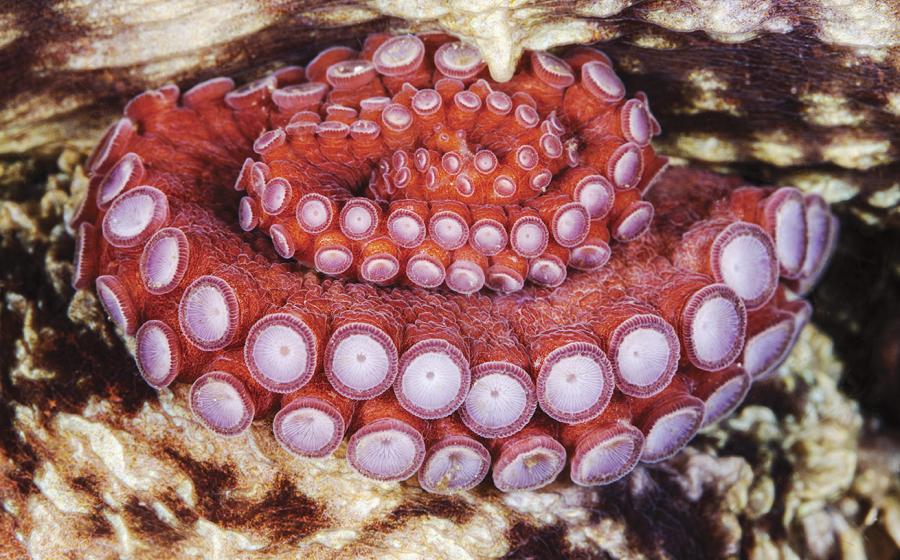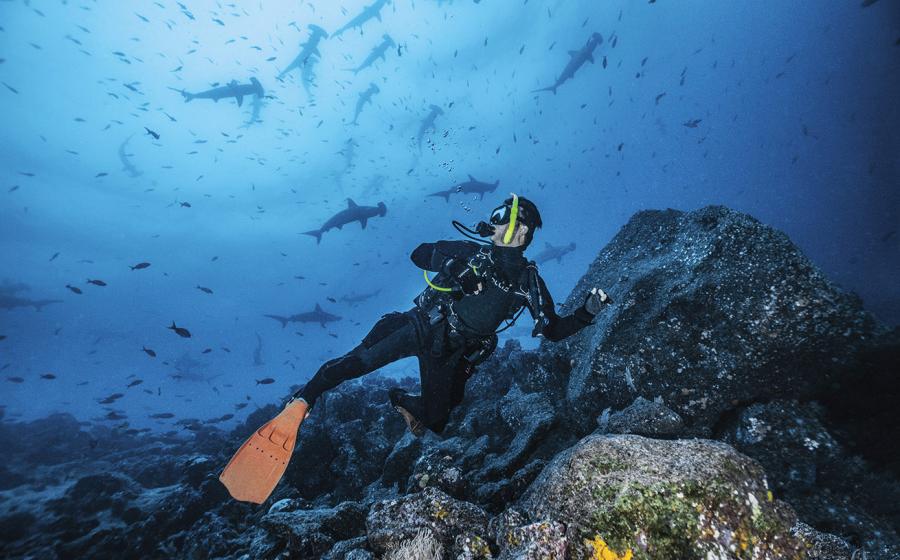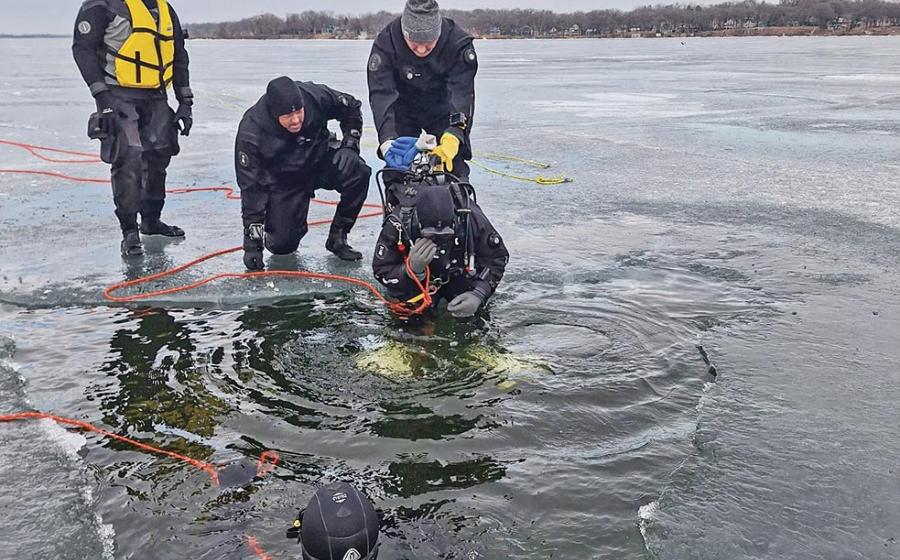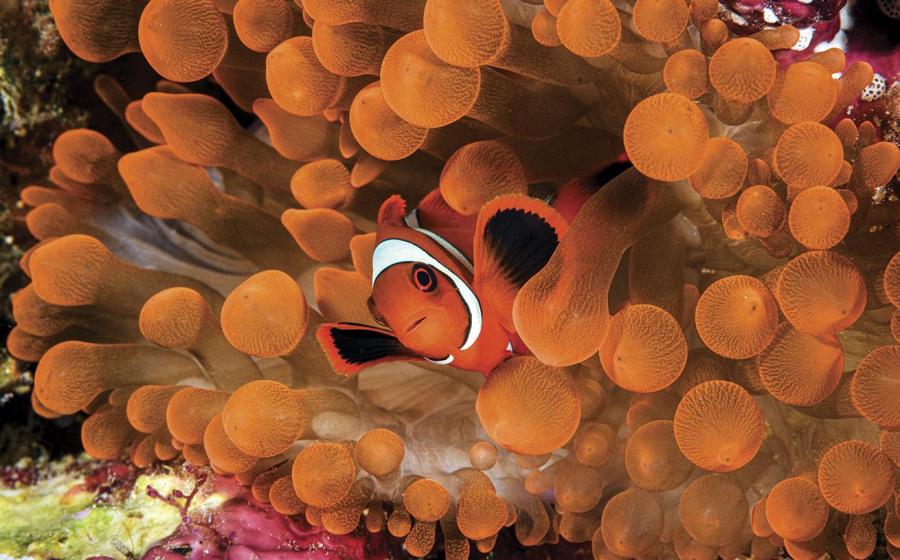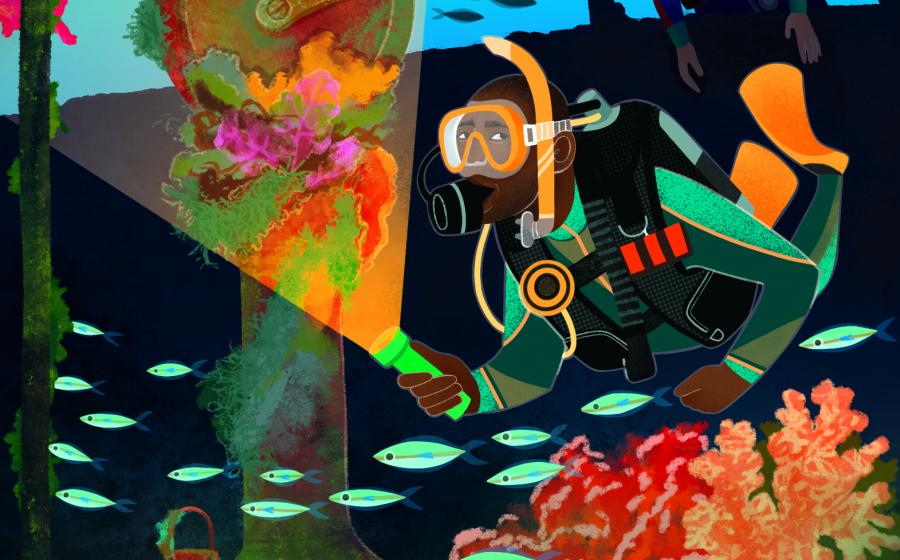BBC Producers Save Hawksbill Sea Turtle Hatchlings

iStockHawksbill sea turtle babies face a gauntlet of threats after they hatch on the beach.
We scuba divers love sea turtles and know firsthand the dangers they face from the moment they are born.
A story in USA Today took a look at a December 2016 episode of Planet Earth II that showed the sometimes devastating events that lead to the deaths of hawksbill hatchlings.
Born at night, baby sea turtles are usually guided by moonlight to get to the ocean. Before they reach the water's edge, they’re often the victims of opportunistic predators like gulls and crabs. As a recent episode on Planet Earth II showed, sometimes bright lights of homes and city streets will turn them the wrong way. Horrified viewers watched hatchlings run over by cars and trapped in city drains.
USA Today reported that Twitterverse was lit up by tweets from heartbroken viewers who couldn’t believe the filmmakers stood by to let the baby turtles die. A sample tweet:

@indiealexxA viewer reacts to the hatchlings' deaths on an episode of BBC's Planet Earth II.
BBC Earth tweeted that the crew worked with the Barbados Sea Turtle Project, which saves the lives of thousands of turtles each year. The turtles are up against a lot and getting into the ocean doesn't mean they will survive. Many are eaten by crabs or birds even after they reach the ocean, according to the show.

@BBCEarthThe producers responded with this tweet.
LOVE SEA TURTLES? DISCOVER THE BEST PLACES IN THE WORLD TO ENCOUNTER THEM UNDERWATER
Under the U.S. Endangered Species Act, Kemp's ridleys and hawksbills are listed as Critically Endangered, green turtles are Endangered, and loggerheads, olive ridleys and leatherbacks are Vulnerable; the flatback is Data Deficient.

